
Survivors of thyroid cancer are at an increased risk for developing a second cancer, according to the results of a recently published study.

Your AI-Trained Oncology Knowledge Connection!


Survivors of thyroid cancer are at an increased risk for developing a second cancer, according to the results of a recently published study.

Regular ultrasound surveillance of the thyroid revealed that about 7% of adult childhood cancer survivors who had radiation to the head or neck subsequently developed thyroid cancer.

Researchers identified a novel gene that may predispose individuals to Cowden syndrome, an inherited condition that carries an especially high risk for various epithelial cancers and especially thyroid cancer.

The overall risk of developing a second primary thyroid or breast tumor is higher in patients with prior breast or thyroid cancer.

Immune checkpoint inhibitor therapy is looking increasingly plausible as a potential investigative strategy for treating thyroid cancers.

The coexistence of mutations in telomerase reverse transcriptase (TERT) and BRAF genes dramatically increases the risk of thyroid cancer aggressiveness, tumor recurrence and thyroid cancer-specific deaths.

Researchers in Germany appear to have identified a gene-expression signature associated with metastasis in sporadic medullary thyroid cancer and prognostic molecular tumor markers of medullary thyroid cancer response to vandetanib therapy.

New ATA Guidelines offer clear and welcome guidance against routine post-thyroidectomy remnant tumor ablation with radioactive iodine, agreed experts at the 85th Annual Meeting of the ATA.
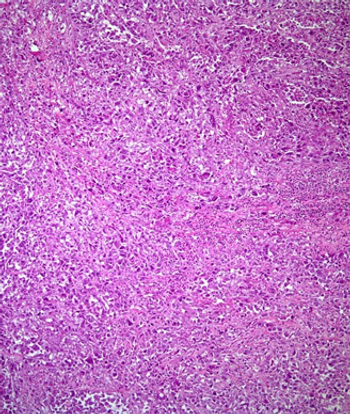
For patients who can tolerate aggressive multimodal therapy for anaplastic thyroid carcinoma, survival rates can exceed historical outcomes, according to a retrospective study of patients treated at the Mayo Clinic.

It is too soon to determine the influence of radiation exposure on thyroid cancer risk among children and adolescents exposed to the 2011 Fukushima Daiichi nuclear power plant disaster in Japan, according to the lead author of findings presented at the 85th Annual Meeting of the ATA.

Release of newly revised, evidence-based clinical management guidelines for thyroid nodules and differentiated thyroid cancers were announced at the 85th Annual Meeting of the ATA.

A new study has found an excess of thyroid cancer cases among children and adolescents who live near the Fukushima Daiichi nuclear power plant.
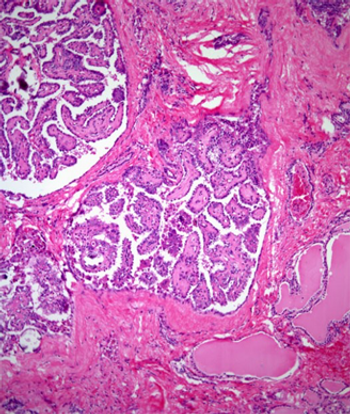
Papillary thyroid cancer patients at intermediate risk according to guidelines can be reclassified as low risk when postoperative stimulated thyroglobulin is low.
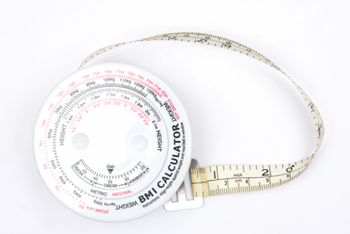
Overweight and obesity are associated with the risk for thyroid cancer. Relations between BMI and cancer risk showed some variation based on tumor histologic type.

A population-based study in Minnesota showed that a recent rapid rise in the incidence of thyroid cancer is attributable to the increased diagnosis of clinically occult, subclinical lesions.

Survivors of thyroid cancer had a higher risk of unemployment at 2 years post-diagnosis and decreased income at both 2 and 4 years, according to the results of a study.
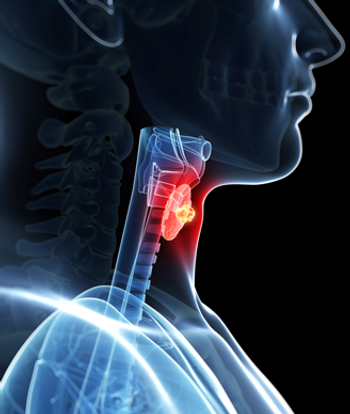
The presence of cervical lymph node metastases was associated with compromised survival even in younger patients with papillary thyroid cancer.

Use of transcriptional data taken from the FNA of thyroid nodules could help in predicting recurrence post surgery in certain thyroid cancer patients.

Two subgroup analyses of the SELECT trial could help clarify which differentiated thyroid carcinoma patients will benefit most from lenvatinib.

First-line lenvatinib may improve progression-free survival in patients with 131I-refractory differentiated thyroid cancer with no prior history of VEGF therapy.
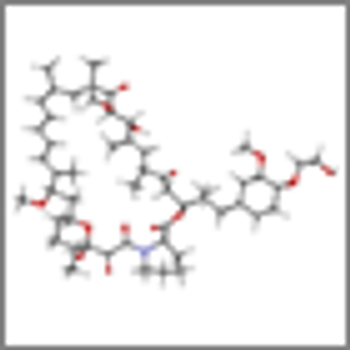
Adding everolimus to sorafenib at the time of progression of advanced radio-iodine refractory differentiated thyroid carcinoma was tolerable and active.
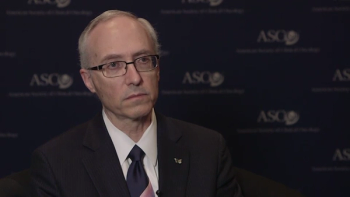
In this video, Steven I. Sherman, MD, discusses the final overall survival analysis of the EXAM study, a randomized, placebo-controlled phase III trial of cabozantinib in medullary thyroid carcinoma patients.

Cabozantinib failed to significantly increase overall survival compared with placebo in patients with medullary thyroid carcinoma, according to the EXAM study.

Tumor growth rate analysis may be a valuable efficacy parameter to consider in patients with sorafenib-treated, radioiodine-refractory differentiated thyroid cancer.

A small Greek case-control study found that drinking herbal teas, and in particular chamomile tea, over a long period of time is linked to a decreased risk of developing thyroid cancer and other thyroid diseases.